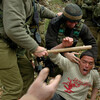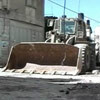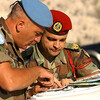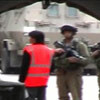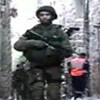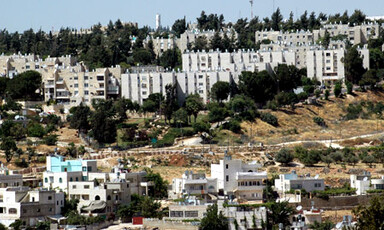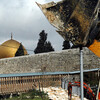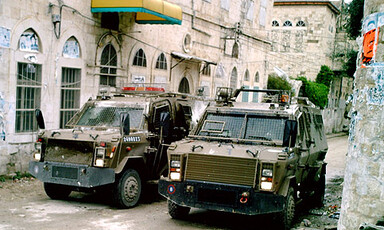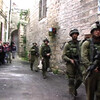
Weekly Report on Human Rights Violations
2 March 2007
During the reporting period four Palestinian were killed by IOF in the West Bank, three of the victims were extra-judicially executed by IOF in Jenin. Twenty-eight Palestinian civilians, including two journalists, four children and four women, were wounded by IOF gunfire. On Sunday, 25 February the IOF launched a wide scale military campaign on Nablus during which over 150 Palestinians were arrested. On 26 February during the invasion the IOF shot and killed ‘Anan Mohammed al-Teebi and wounded his son, both resident of the Old City of Nablus. Read more about Weekly Report on Human Rights Violations

